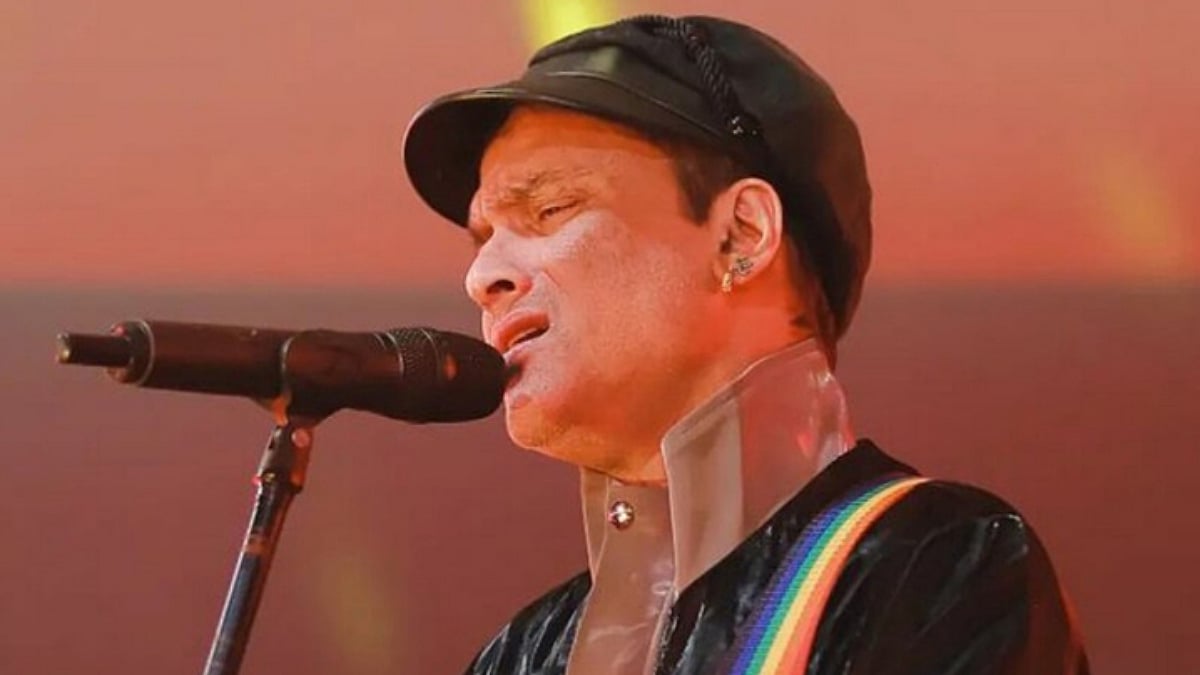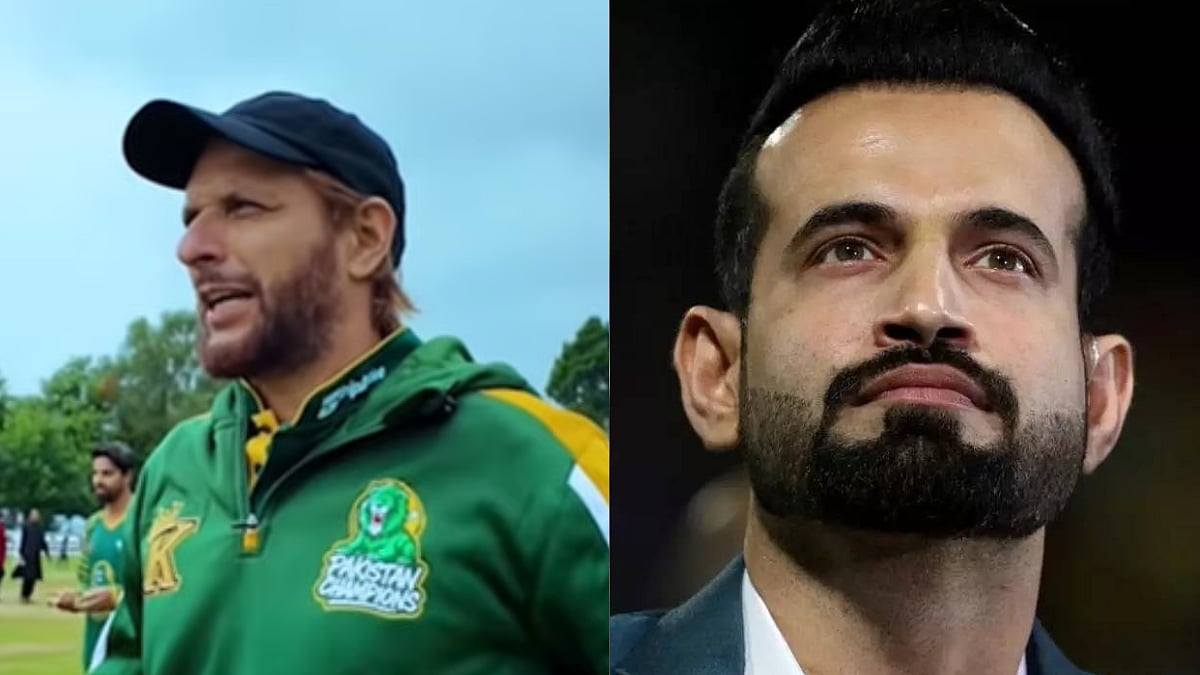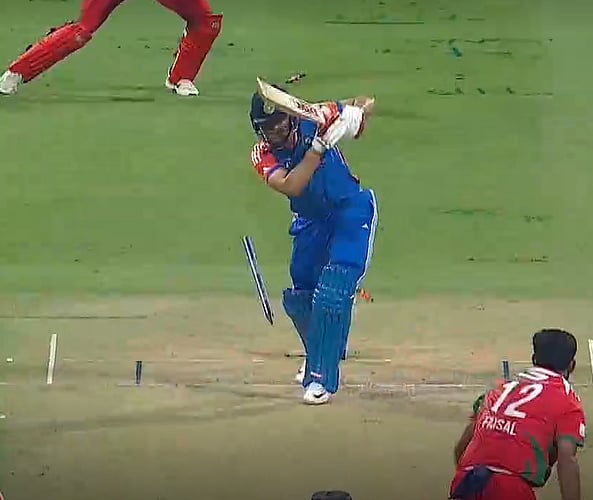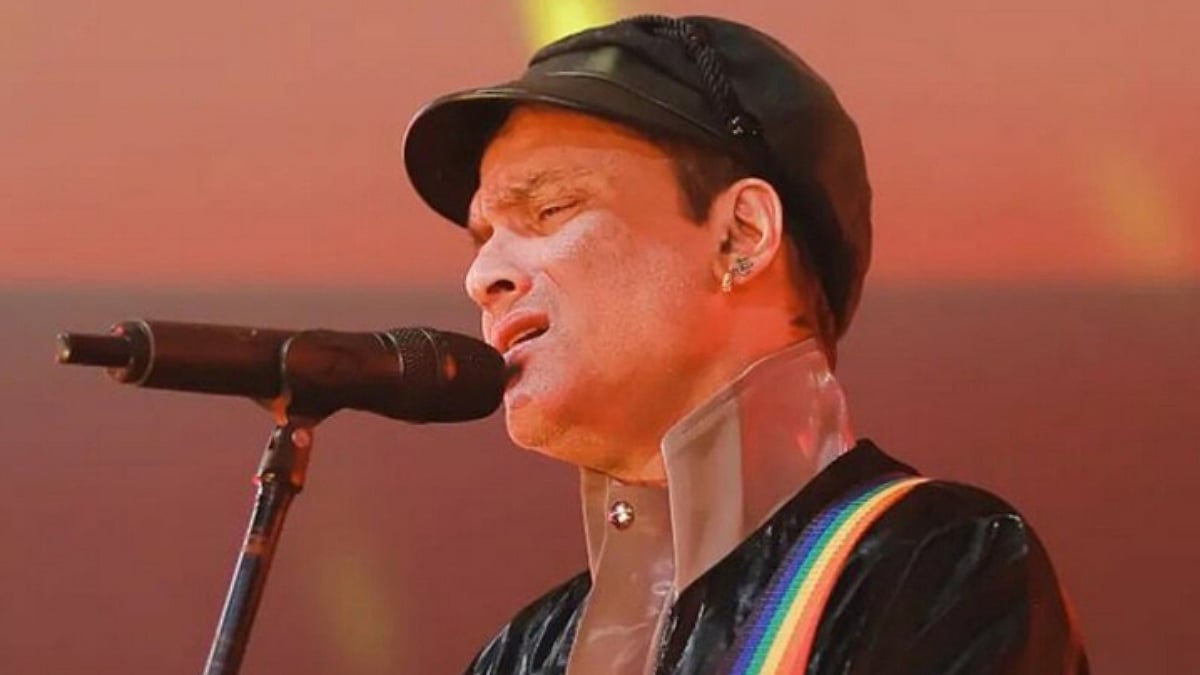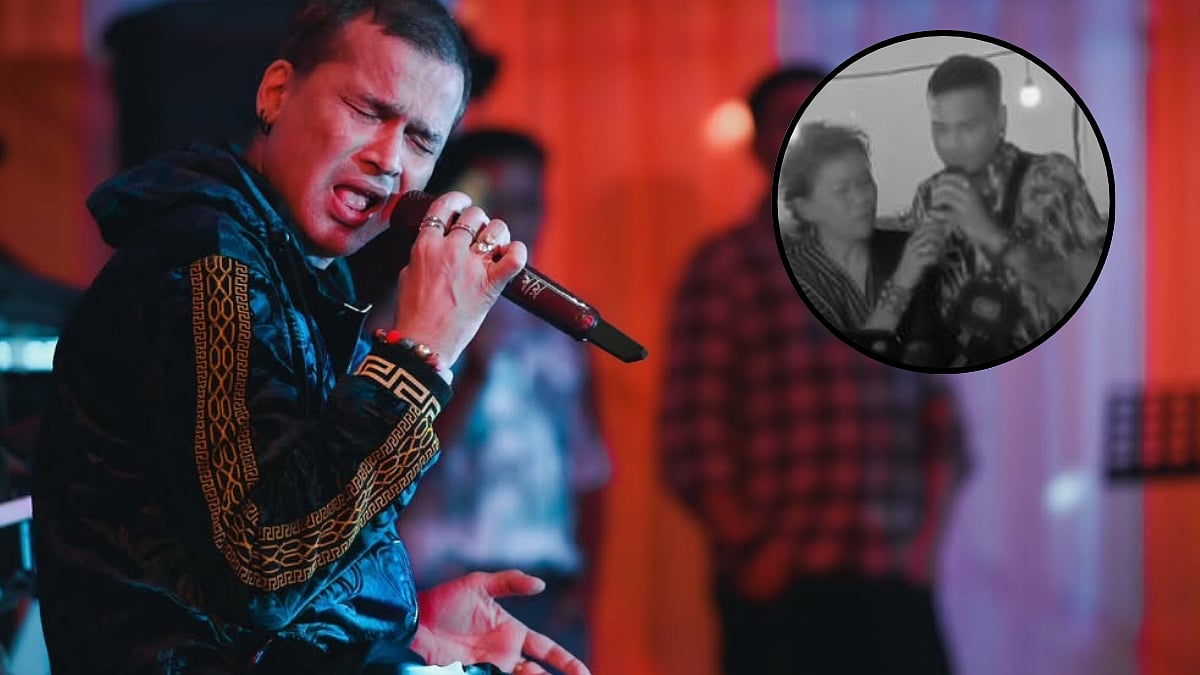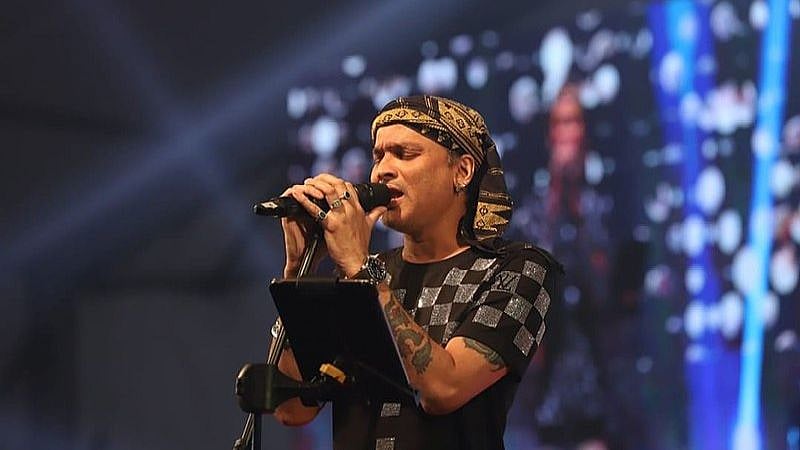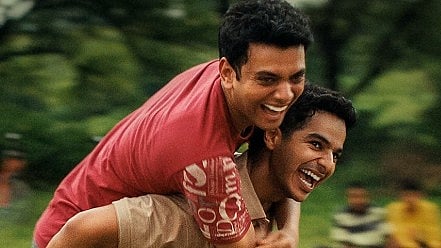If you’ve ever grooved to the soaring notes of Ya Ali, the chartbuster from Gangster (2006), you’ve witnessed Zubeen Garg’s unmatched gift with melody and pitch. The celebrated Assamese singer, composer, actor and activist died in a freak scuba diving accident in Singapore. He was 52. Garg had travelled there to perform at the North East Festival on September 20 and 21. According to reports, he was epileptic. Festival representative Anuj Kumar Baruah told NDTV, “It is with deep sadness that we bring the news of Zubeen Garg’s passing. While scuba diving, he experienced breathing difficulties and was immediately given CPR before being rushed to Singapore General Hospital. Despite efforts to save him, he was declared dead in the ICU at around 2.30 PM IST.”
Garg has performed at Bihu functions in Bengaluru, Bongaigaon and Ganeshguri in April. An unconfirmed video circulating on Instagram shows him jamming on a cover of Eric Clapton’s ‘Tears in Heaven’ in Singapore onstage. Garg had recently uploaded a video inviting people to join him and others at this festival.
In the clip, he said with his trademark warmth. “Friends in Singapore, I would like to invite you to the 4th North East India Festival at Suntec, Singapore on 20th and 21st September. Come and explore the exotic part of India… I will be there throughout as Cultural Brand Ambassador and will perform on the 20th evening with my popular Hindi, Bengali and Assamese songs. Entry is free, so come and support us. Cheers!”
Born into a culturally rich household, Garg began singing at the age of three. His father, Mohini Mohan Garg, a magistrate, also wrote lyrics under the pseudonym Kapil Thakur. He was named after the western classical musical legend, Zubin Mehta. Leaving college in Jorhat to pursue music full-time, he trained rigorously and built a career that fused Assam’s folk traditions with modern pop sounds. His repertoire included Borgeet, Bihu and Lokogeet, alongside original ballads like Maya, Anamika, Runjun and Tumi. His deeply personal album Xishu, created in memory of his sister Jongki, remains one of his most moving works.
Though Assamese music was his anchor, Garg sang across 40 languages and dialects, leaving his mark on Bengali, Hindi and regional music industries. In Bollywood, besides Ya Ali, he sang memorable numbers such as Jane Kya Chahe Mann with Pritam Chakravorty (Pyaar Ke Side Effects, 2006), Socha Nahi Tha (Kaante, 2002) and Rama Re. Few knew he was also a multi-instrumentalist, proficient in more than a dozen instruments including the dhol, dotara, harmonica, mandolin, tabla and drums. On stage, he was a crowd puller and an effortless master at work—seamlessly blending traditional instruments with contemporary arrangements, and bringing a rare energy to multilingual performances.
Actor, Activist, Cultural Voice
Garg also forayed into cinema, starring in Assamese blockbusters like Mission China, Kanchenjhanga and Gaane Ki Aane. But it was his activism that defined his public life. He fearlessly opposed the Citizenship Amendment Act (CAA), joining massive protests across Assam, and often rejected caste or religious labels to emphasize inclusivity. Through his Kalaguru Artiste Foundation, he supported flood relief and in 2021 opened his two-storey home to Covid-19 patients at the height of the pandemic. His actions always reflected his commitment to the people of Assam rather than partisan politics. Garg would make a direct statement, apologize when he faced heat from a section of the press but never quite back off from speaking truth to power.
His irreverent streak also shone in lighter ways. Before the official inauguration of the Dhola-Sadiya Bridge, a political flashpoint between Congress and BJP, Garg took an early morning bike ride across it with friends—symbolically dedicating it to the public.
Beloved By People and Peers
It was this mix of irreverence, generosity and accessibility that made Garg beloved. Shilpika Bordoloi, celebrated performance artist and National Award winner, remembers: “I was showing two French artist friends around Jorhat when we bumped into him. Zubeen da rushed in to greet us, instantly striking up a conversation. Within minutes, a crowd had gathered. He was curious, childlike in his enthusiasm, yet kind to everyone. That was who he was.”
In an age where celebrity often feels staged, Garg’s humility stood out. Fellow artist Papon summed up the loss on Instagram, ““The voice of a generation! Gone too soon. At a loss for words. Lost a friend, lost a brother. A big void.”
Zubeen Garg leaves behind more than just unforgettable songs. He leaves behind a cultural legacy rooted in Assam, but resonant far beyond. He was an artist who sang in many languages, straddled genres with ease, lived fearlessly, and remained deeply connected to his people.
